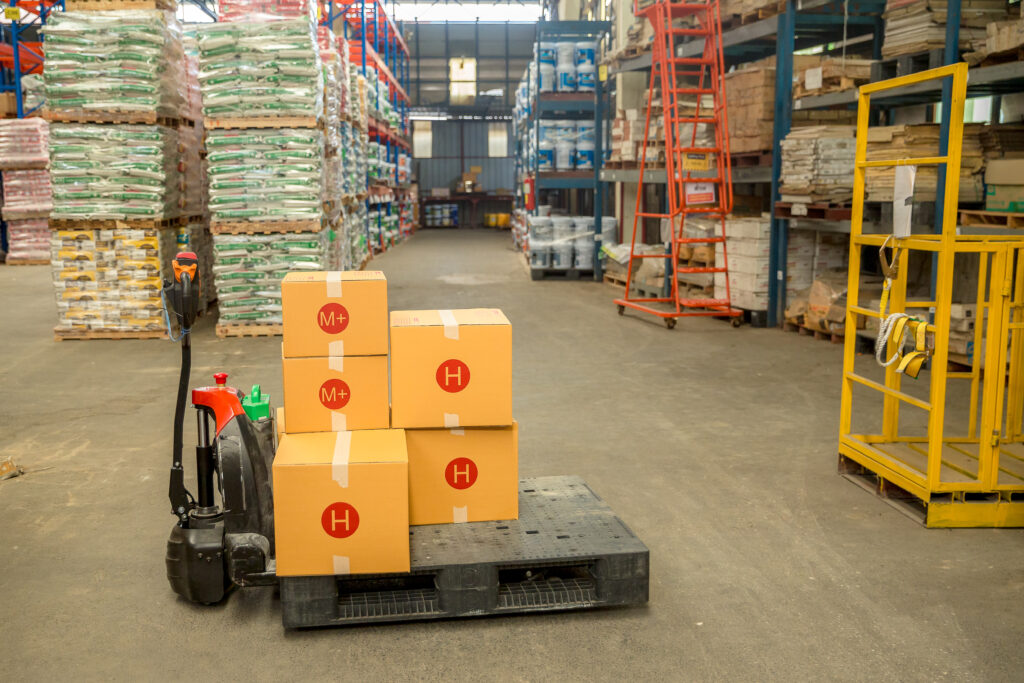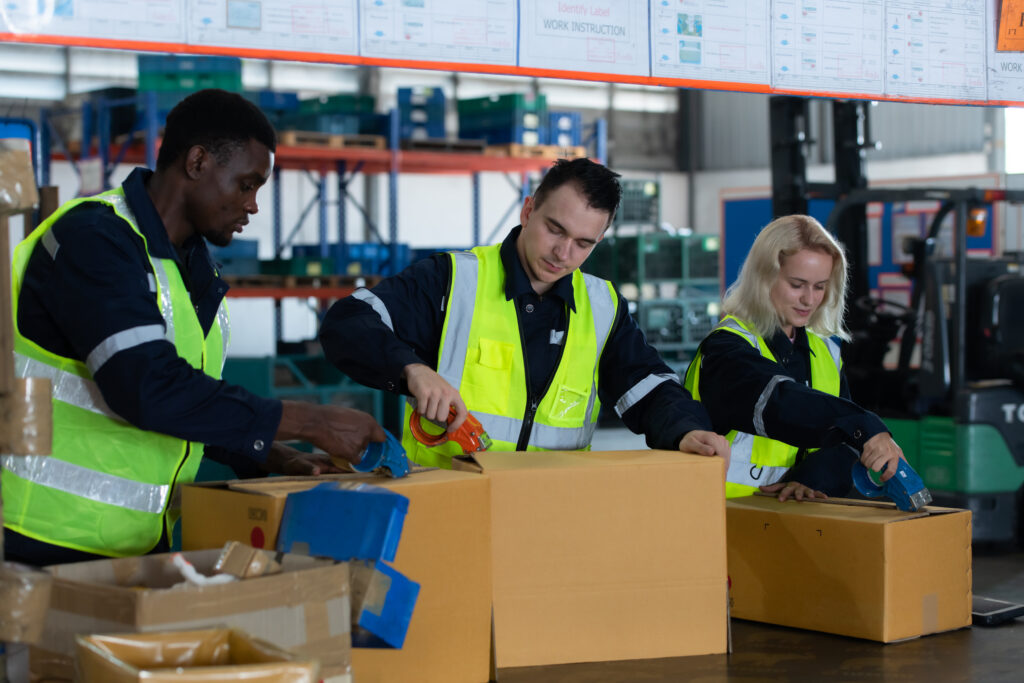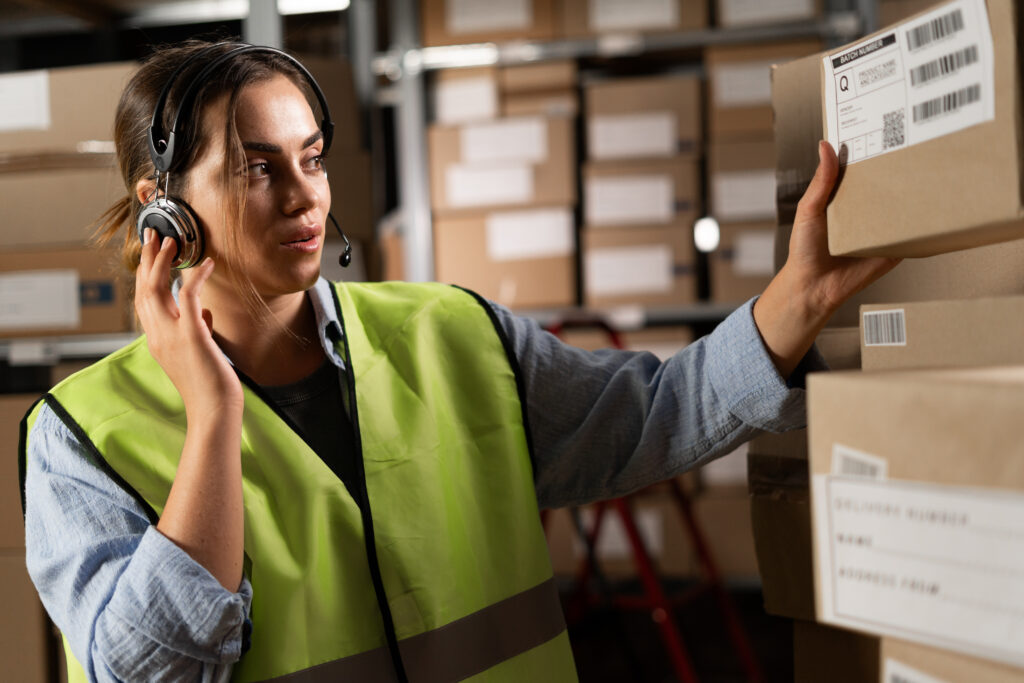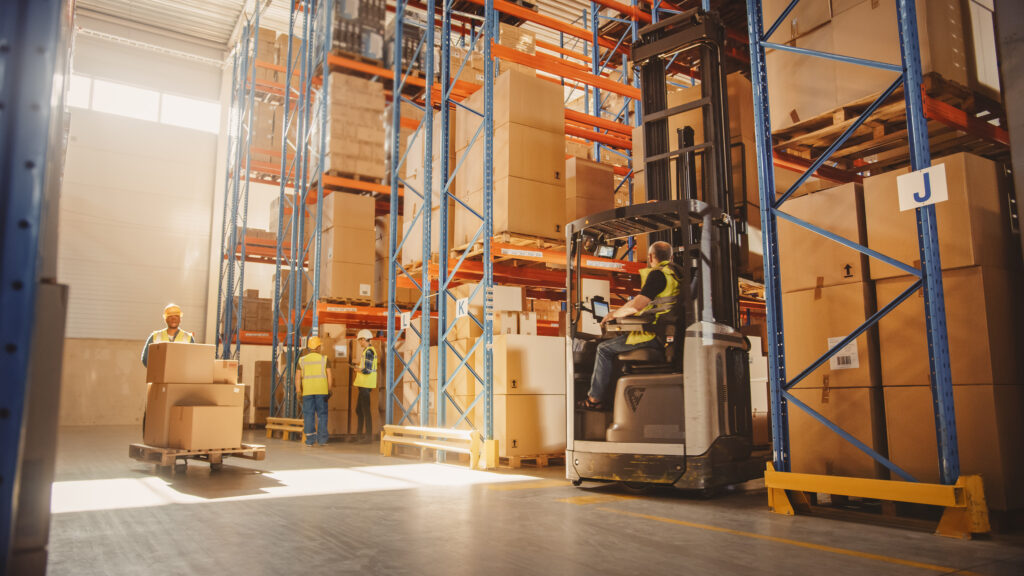Reverse logistics is the process of planning, managing, and executing the flow of products and materials from the end-user back to the manufacturer or distributor for reuse, recycling, or disposal. Warehouse and distribution services play a critical role in reverse logistics by providing the infrastructure and expertise needed to efficiently manage the flow of returned goods.
Would your business benefit from transportation efficiencies that stabilize inventory turnover, cut carbon emissions, and reduce excess handling of returns in your supply chain? In recent years, reverse logistics has become increasingly important as companies strive to reduce their environmental impact, improve customer satisfaction, and generate additional revenue streams.
There are several factors driving the growth of reverse logistics, including:
- Increased environmental awareness: Consumers are becoming more aware of the environmental impact of their purchases and are demanding that companies take responsibility for their products throughout their lifecycle.
- Stringent regulations: Governments around the world are enacting stricter regulations on waste disposal and recycling, which is forcing companies to find more efficient and sustainable ways to manage their returns.
- Technological advancements: Technological advancements, such as cloud computing and artificial intelligence, are making it easier and more cost-effective to track and manage reverse logistics processes.


It is estimated that the global reverse logistics market will grow at a compound annual growth rate (CAGR) of 9.4% from 2023 to 2030, highlighting its growing significance in the world of supply chain management.[1] E-commerce is generating a growing volume of returns, which is putting pressure on shippers to find more efficient ways to manage their return shipping needs. Smart packaging is being developed that can track and monitor products throughout their lifecycle, which can help to improve the efficiency of their total logistics processes. Product rentals and subscription services are becoming more popular, which is leading to a shift from traditional product ownership to product use. This shift is creating a need for new reverse logistics solutions that can efficiently manage the return and refurbishment of products.
With PITT OHIO handling your reverse logistics, shippers can ensure that their products are managed responsibly throughout their lifecycle, from production to disposal. By staying ahead of the trends driving the growth in reverse logistics, you will set your business up for success.




